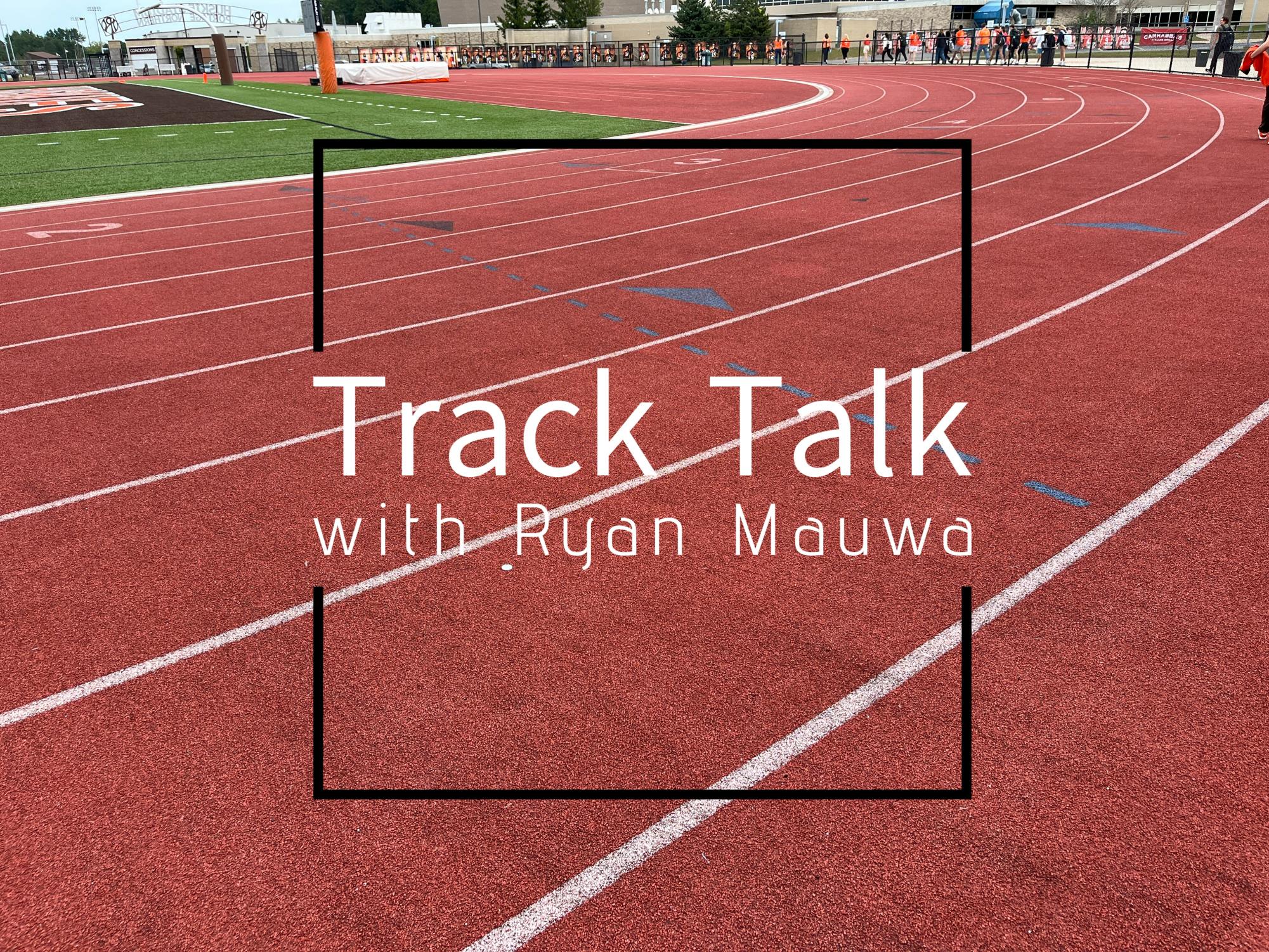
In track and field, athletes are trained year round to be in the best shape as humanly possible, with lifting weights, speed work, plyometrics and isometrics combining with their longer running workouts. Some athletes don’t want to put in the hard work and time it takes to be great; some just want to be and that’s why there is a big performance enhancing drug problem in the professional and collegiate track world.
A problem in the athletic world is PEDs and pros abusing them without being caught for cheating against other natural opponents. This also makes people reach for goals that are not attainable without these drugs. Out of the top ten 100 meter runners of all time, only three of them have not been sanctioned for using PEDs. It is important to keep the sport not just clean and fair, but also safe. Many PEDs have serious medical side effects, including heart damage and death.
There is also a problem on the opposite side: athletes serving bans for testing positive for performance enhancing drugs that they never knew they consumed. Some of these professional athletes are falsely accused of being on drugs or were given a non-NSF certified product.
An example of someone this happened to is Montverde Academy and 60m high school nationals record holder Issam Asinga. Asinga was the most sought after track sprinter in the class of 2023, but unfortunately he tested positive for GW1516, a substance that burns your fats instead of carbohydrates while you are running. Asinga did not know he was going to test positive because he had no idea he was using a banned substance: he was just eating the supposedly NSF-certified Gatorade recovery gummies he was giving for winning Gatorade Player of the Year in 2023.
As a result of the positive test, Asinga missed a chance at a spot on the Olympic team, and as punishment, he has to serve a 4-year ban starting in 2024 and all of his results since July 2023 were disqualified, including his world under-20 record for the 100m. Asinga has filed a lawsuit against Gatorade for providing him with the fraudulently-certified gummies.
Despite the large amount of people backing him up and supporting him in his journey to clear his name and get back the financial losses that resulted from his ban, he has not had any luck in the trial because all of the samples tested as evidence, including Asinga’s own, tested negative for the substance. Asinga alleges that this is because the compound is not stable, so would not have been present after all that time.
Asinga is far from the only high-profile athlete to insist that they were fed a performance enhancing drug without their consent. In 2020, professional distance runner and American 1500m record holder Shelby Houlihan was given a 4-year ban and lost her sponsorship with Nike and her spot on the Olympic team after she tested positive for nandrolone, an banned steroid. Nandrolone is found naturally in some cuts of pig meat, and Houlihan had eaten what she thought was a beef burrito from a food truck the day before her random drug test that had a different consistency than her usual order, which made her suspicious that it was pork, not beef. Much like Asinga, by the time Houlihan was able to test the meat in the food truck, the actual meat that was used that day was long gone and unable to be tested or traced. Houlihan is still serving her ban despite negative tests in every month before and after.
The track and field world needs to find a way to keep the sport clean while at the same time not punishing athletes who haven’t knowingly done anything wrong.
Elsewhere in the track and field world:
Last Sunday, Ruth Chepngetich of Kenya set a new world record for the women’s marathon, winning the Chicago Marathon in 2 hours, 9 minutes, and 56 seconds. She’s the first woman ever to finish a marathon in under 2 hours and 10 minutes. Portage Northern Track and Field and Cross Country coach Marissa Lenger also ran in the race. She crossed the line in 2:39:24 and was the 30th woman across the finish line. The Chicago Marathon is the 4th largest marathon worldwide.



